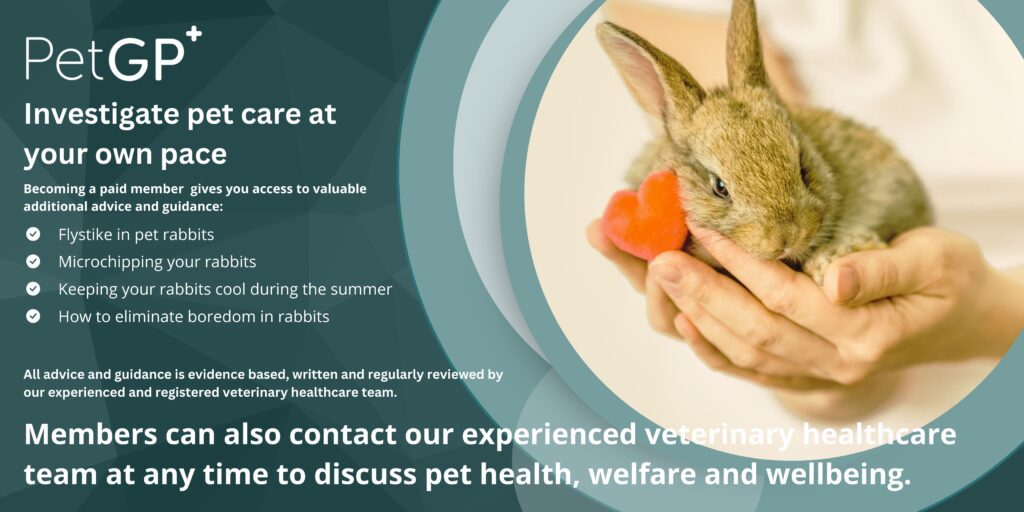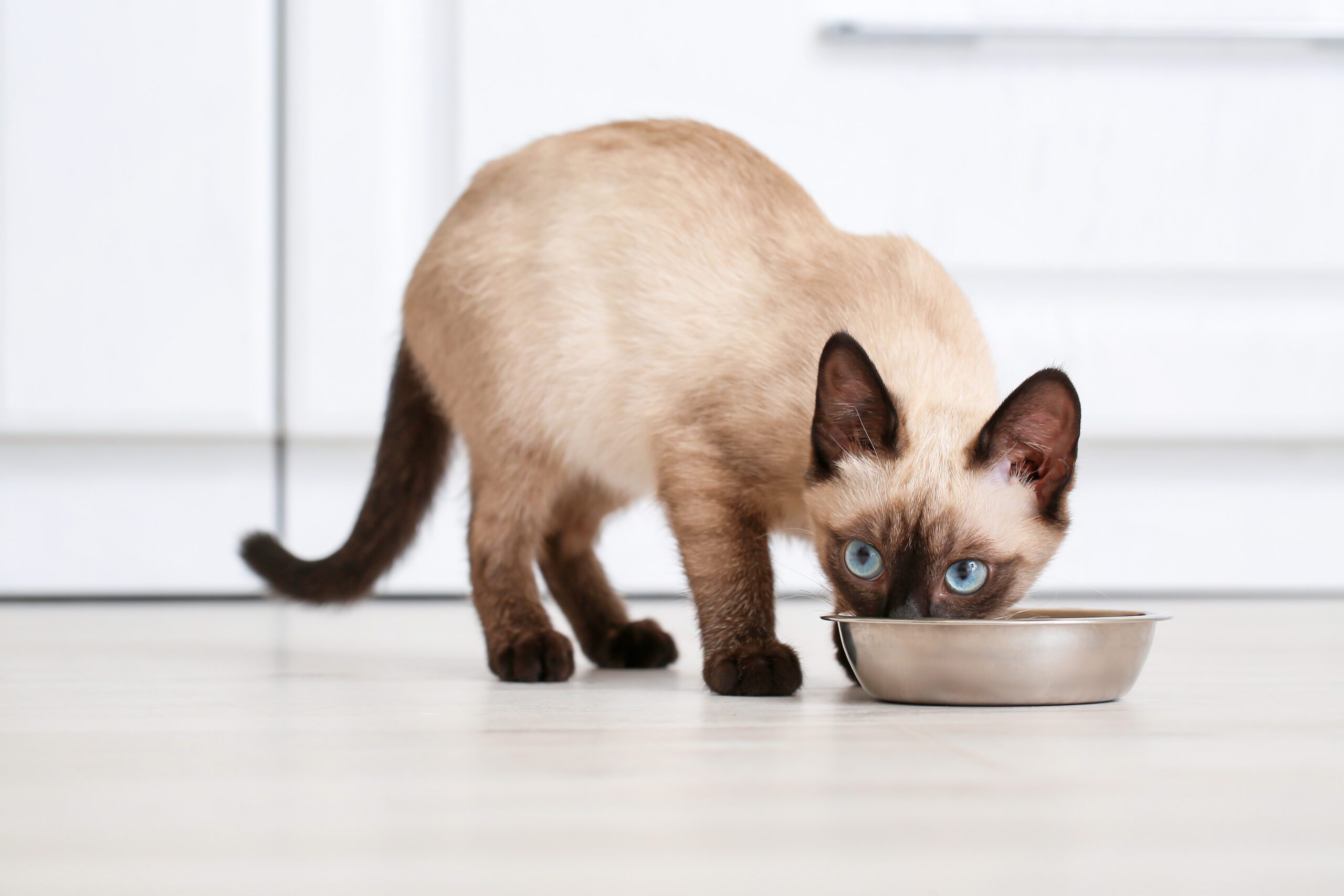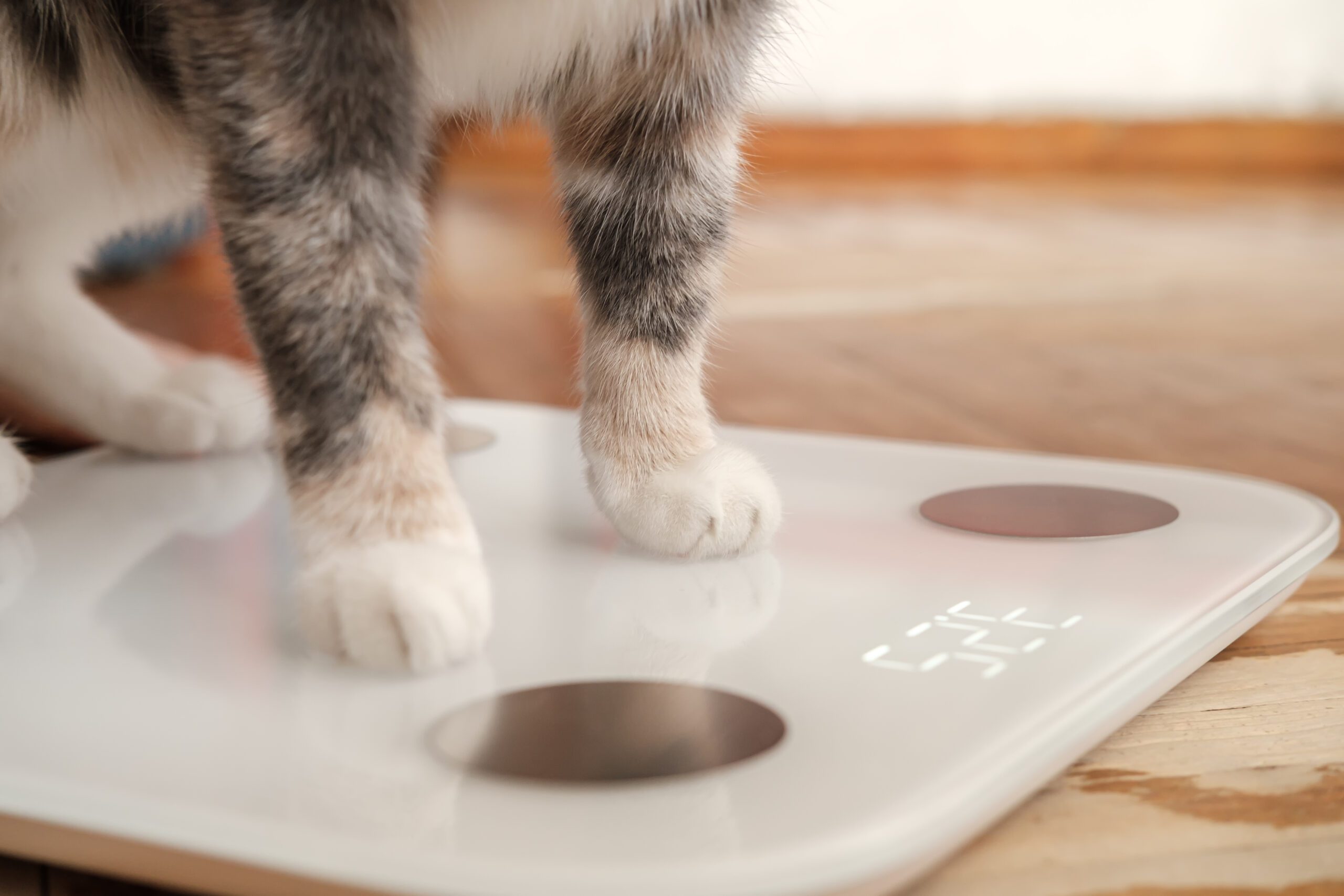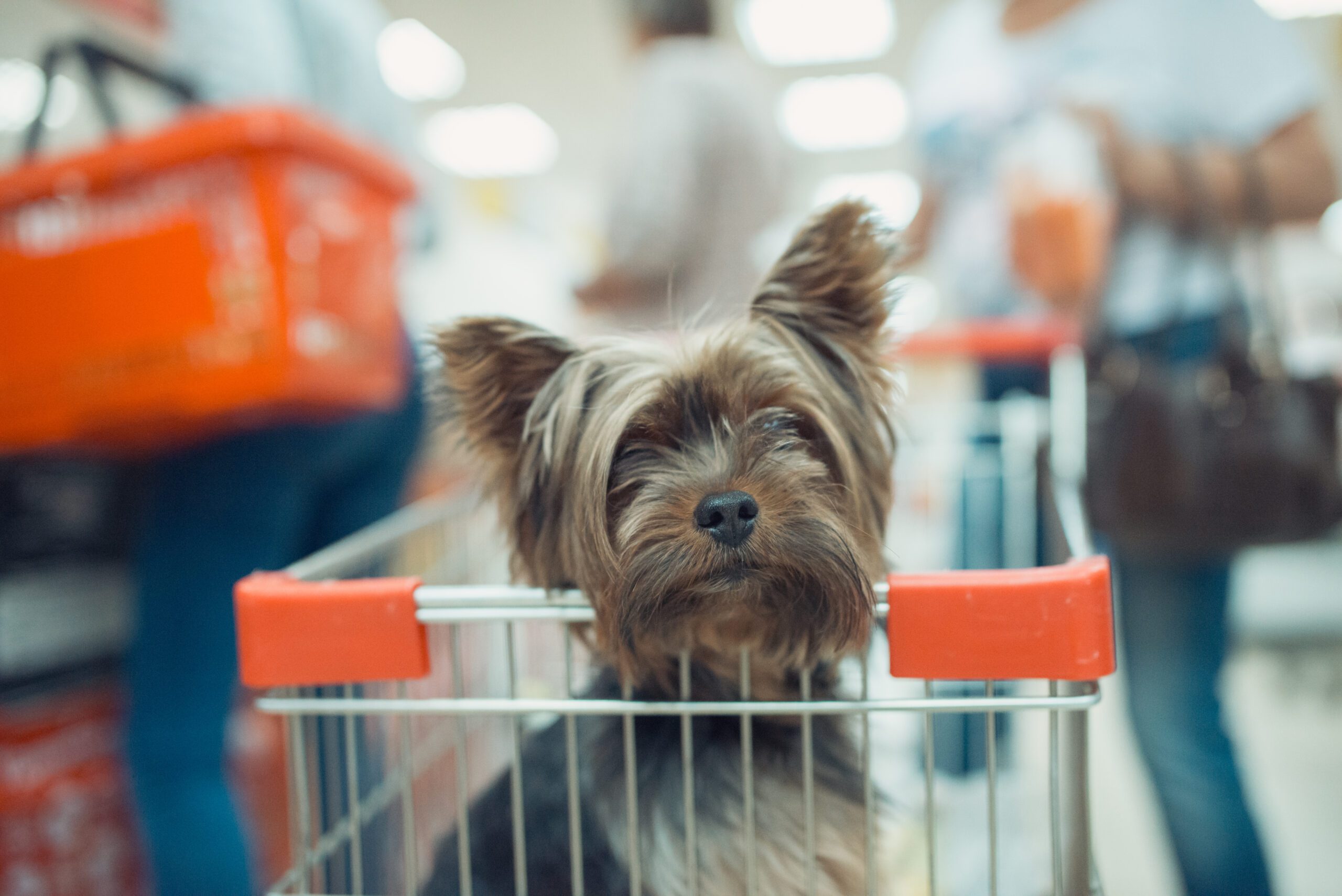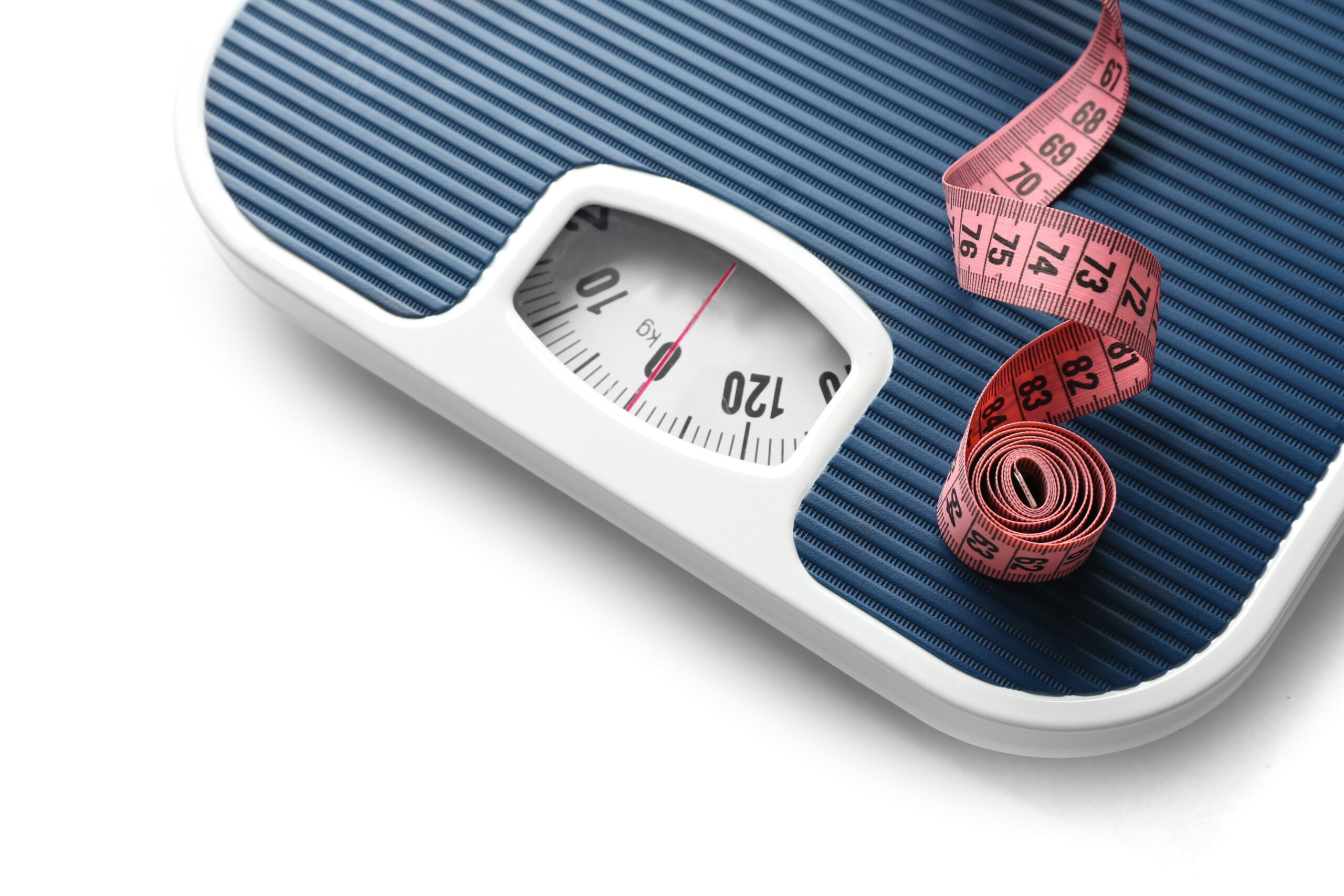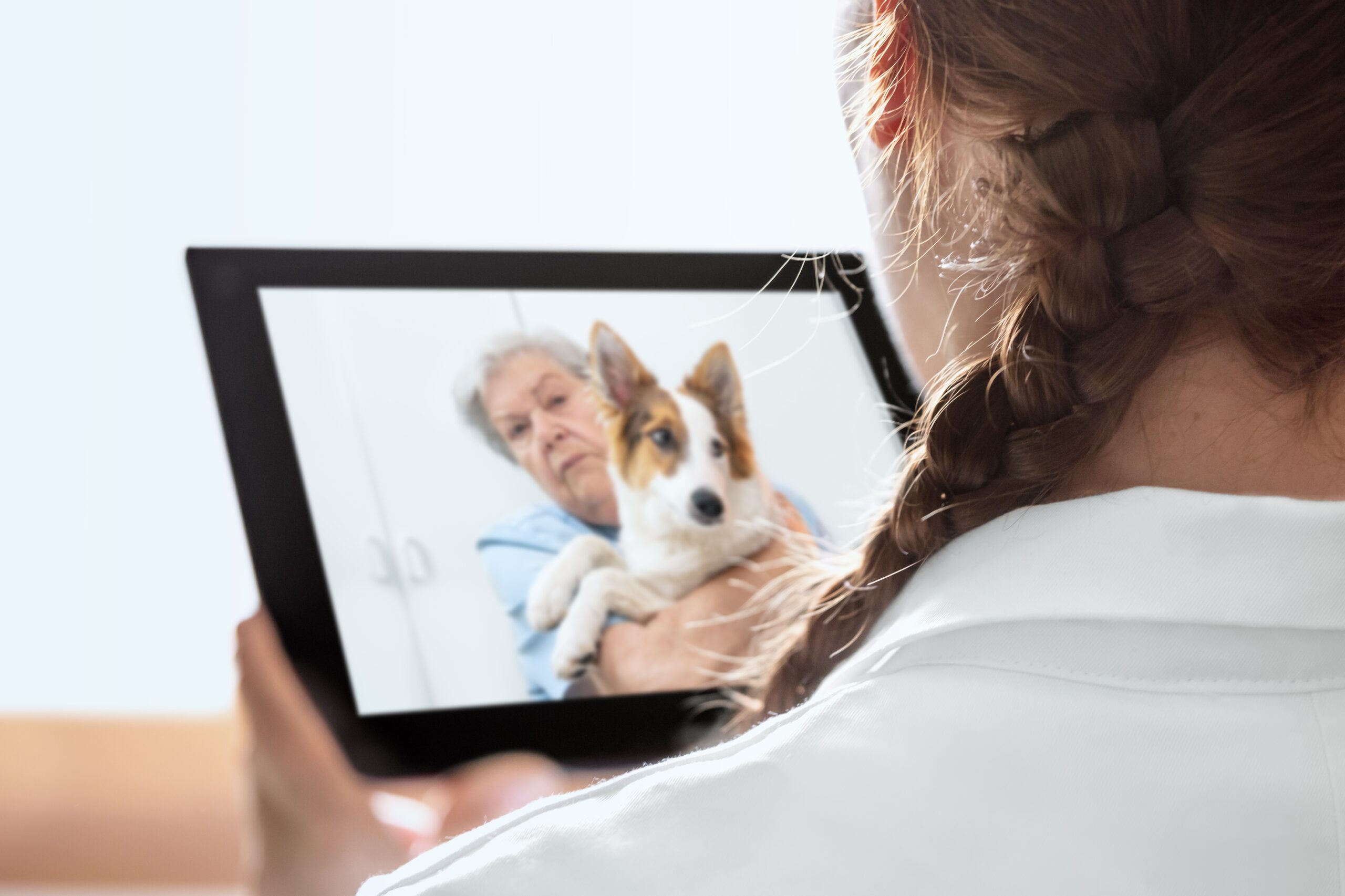What should I feed my rabbits?
Choosing the correct diet for your rabbits is really important for keeping them happy and healthy. A diet of 85% good quality hay and grass, 10% leafy greens and 5% commercial pelleted food is ideal. Inappropriate diets are a common cause of sickness in pet rabbits. You can help to prevent a wide range of diseases by feeding a diet that is tailored to your rabbits highly specialised digestive system.
Rabbits in the wild
Rabbits are obligate herbivores, meaning that they only eat plant material. Wild rabbits can cover an area the size of two football fields every night while foraging for food. They can chew 120 times a minute, allowing them to eat tough and fibrous vegetation.
Rabbits in the home
Wild rabbits spend a huge portion of their time eating and searching for food, and it’s important to provide opportunities for your pet rabbits to replicate this pattern. By feeding a suitable diet, you can keep your rabbits happy, healthy, and engaged in activity.
Your rabbits’ digestive system
Every part of your rabbits’ digestive system is adapted to process a plant-based diet that is high in fibre and low in calories. A diet of coarse material, like hay and grass, is essential for keeping their teeth and gut healthy.
Hay
Hay is grass that has undergone a drying process. Good quality meadow hay should be the basis of your rabbits’ diet and make up at least 85% of what they eat every day. Your rabbits need constant access to hay, in order to keep their digestive tract healthy and working normally. A diet low in hay puts your rabbits at risk of digestive problems, such as gastrointestinal stasis.
Rabbits in the wild spend a large percentage of their time feeding. You can encourage your rabbits natural foraging behaviour by providing good quality hay. Your rabbits will then search through their hay to selectively feed on the most nutritious strands.
Commercial rabbit food
A maximum of 5% of your rabbits’ diet should be made up of a high fibre pelleted food. This can be thought of as a nutritional supplement, ensuring that your rabbits receive all of the vitamins and minerals that they need.
Personalised nutrition
Your rabbits’ dietary needs are influenced by their breed, age, state of health, and lifestyle. Rabbits with health conditions, such as dental disease, may require a special diet. Speak to your vet, who will be able to help you with a feeding plan for your pet.
Fresh foods
Fresh foods should make up 5-10% of your rabbits’ diet. Try to vary the range of fresh foods that you offer, giving small portions of a number of different plants. Any fresh foods that your rabbits have not had before should be introduced to their diet slowly.
Be sure to thoroughly wash all fresh foods before feeding them to your rabbits. If picking foods yourself, choose areas that are not treated with pesticides and are away from populations of wild rabbits, roads, and areas visited by dogs . Before picking foods, make sure that you’re confident in correctly identifying them, to prevent accidentally feeding something harmful.
Choosing treats
While there are many commercial rabbit treats available, not all are suitable for feeding to your rabbits. It’s advisable to avoid anything containing dairy products, such as yoghurt drops, as rabbits are lactose intolerant. When selecting a treat, check that it’s not high in sugar, as this can be harmful to your rabbits’ digestive health. Products containing fruit, honey or glucose syrup are best left on the shelf.
Instead, choose one of the many delicious treats that are made from dried grasses, leaves, weeds and flowers, all of which your rabbits can safely enjoy.
Making dietary changes
Changing your rabbits’ diet suddenly can cause digestive upsets, making them ill. Any new foods should be introduced slowly, starting with a small portion at first.
Diet and health
As prey animals, rabbits are highly skilled at hiding signs of illness and pain. If your rabbits are unwell, one of the early signs you may see is a change in how much they are eating and drinking, or a change in the foods that they are selecting. Be cautious if you see a decrease in your rabbits’ appetite, it’s important to contact your vet. Always remember, if your rabbits ever stop eating or passing faeces, this is an emergency and you should contact your vet immediately.
Providing the correct diet is extremely important for keeping your rabbits healthy and happy. Your rabbits should be provided with free access to a large volume of good quality meadow hay at all times. Hay should make up at least 85% of your rabbits’ diet, accompanied by a maximum of 5% pelleted food and 10% fresh foods.
Monitor your rabbits closely for any changes in their appetite or faecal output. Always speak to your vet if you have any concerns.
